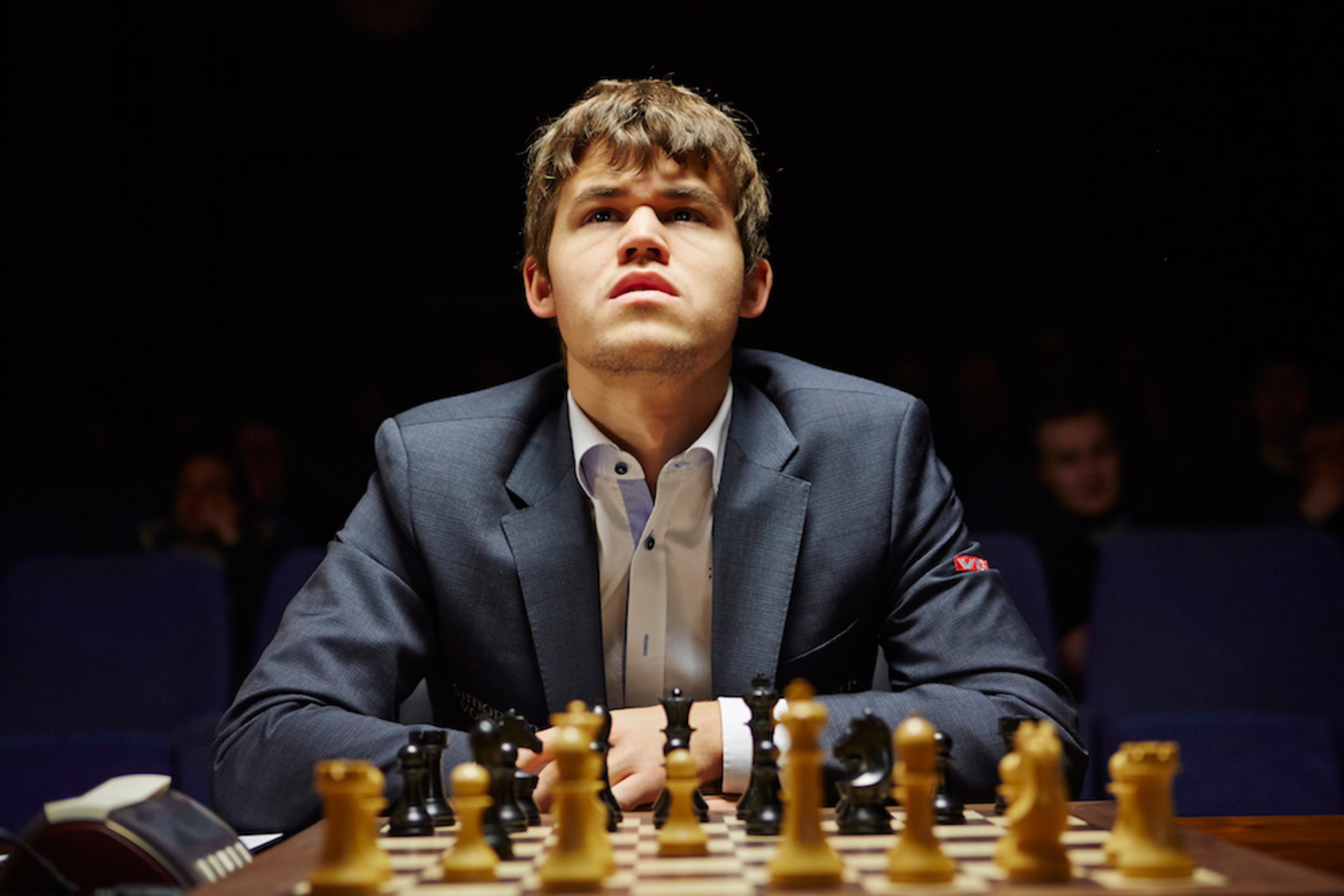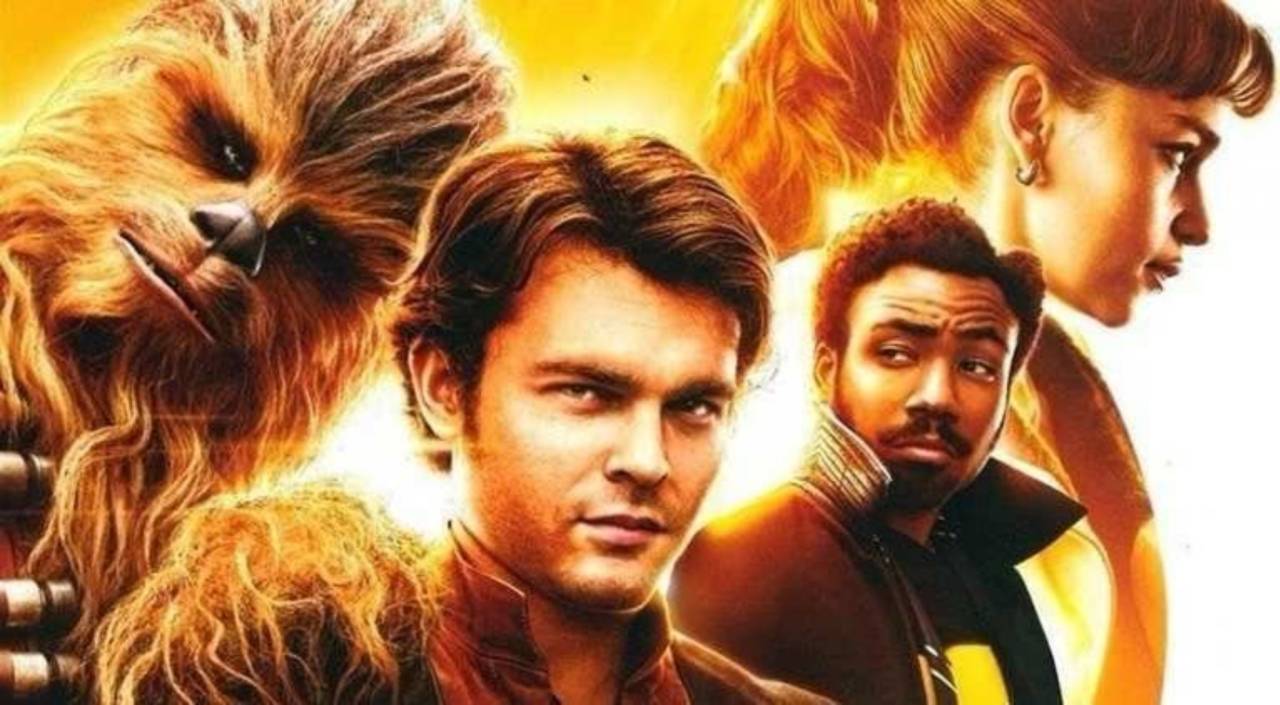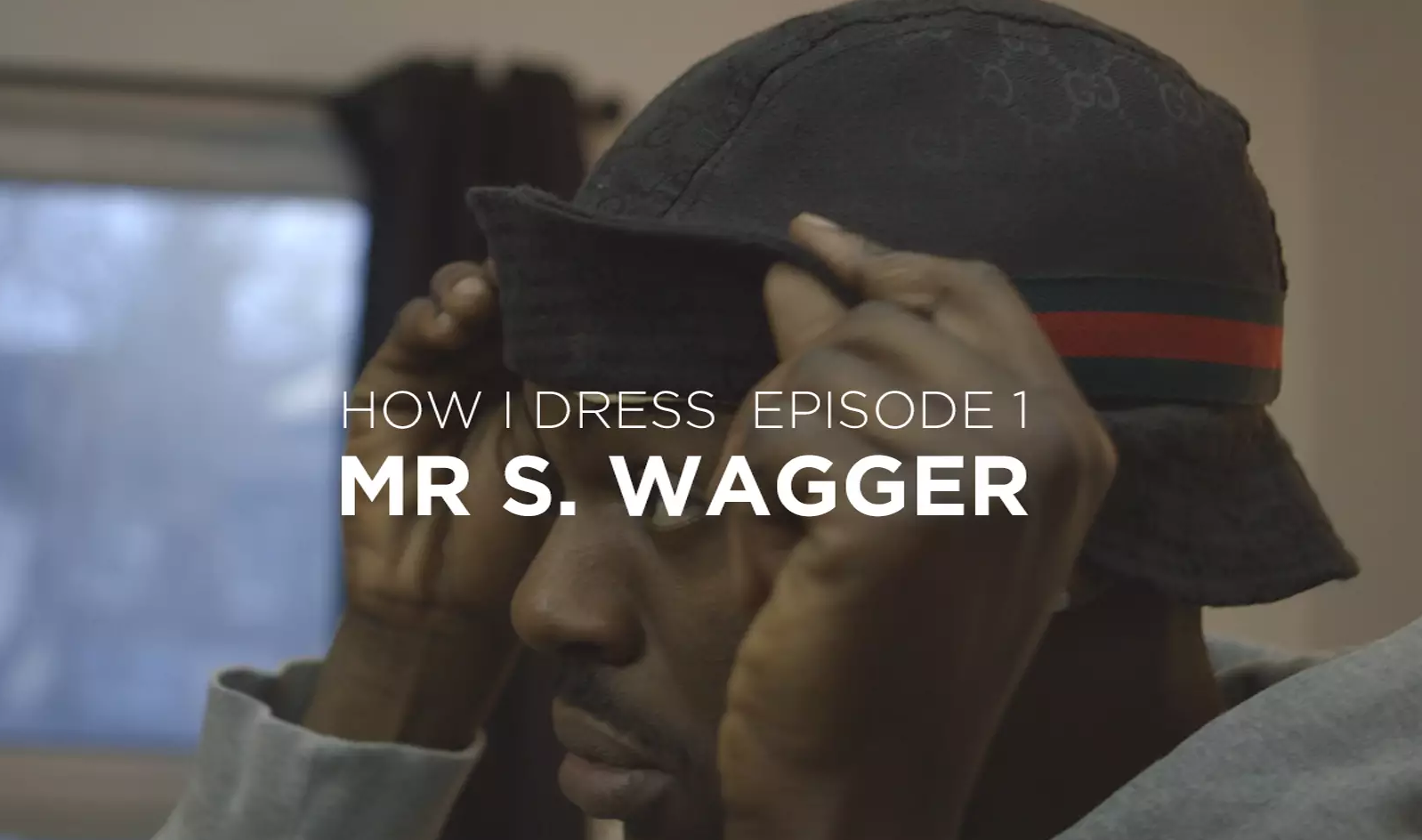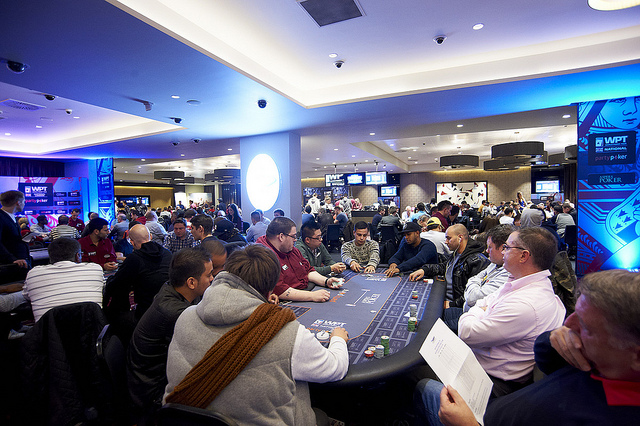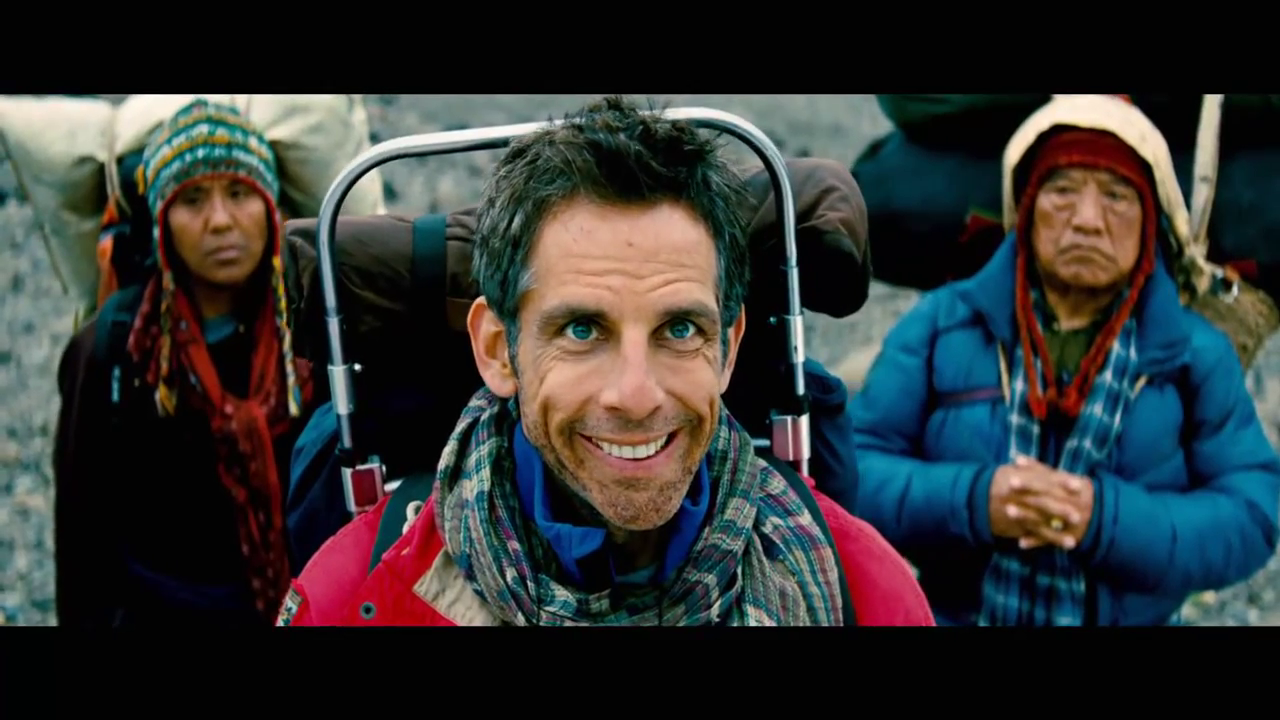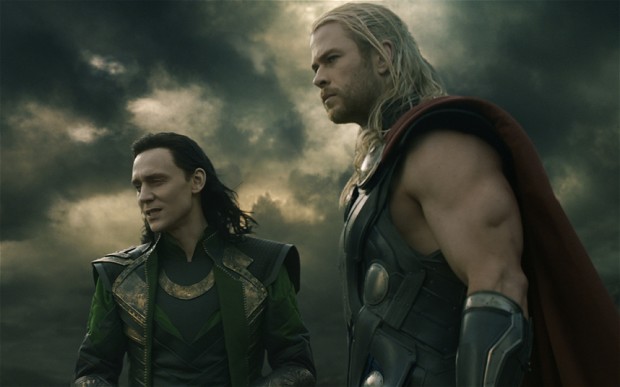The We Speak Music six part documentary series starring Reeps One isn’t about beatboxing, but it uses it as a starting point. Beatboxing has risen and fallen in waves of popularity over the past couple of decades and even though it hasn’t been in the mainstream for a few years now, beatbox is currently at its most popular.
Online video platforms like YouTube are largely responsible for the spreading of beatbox’s popularity, bringing it from small communities in the UK and the USA to a huge international audience. London-born beatbox artist Harry Yeff – better known as “Reeps One” – has been at the forefront of the art form for a number of years and has wracked up tens of millions of views online, as well as performing and competing all over the world for thousands of fans.

In We Speak Music, Reeps takes viewers on a journey through the world of beatbox, looking back into its past during a meeting with Hip-Hop legend Rahzel and into the future, developing an AI-powered beatboxing “twin” with Nokia Bell Labs and DadaBots expert engineer CJ Carr. We had the pleasure of watching all six parts of the documentary series and speaking with Harry Yeff afterwards. Discussing how the series came about we learned that the whole film grew organically as he began to explore the subject as well as his own inspirations behind the art form.
“The making of the film started out as a research project. It’s not like we planned out all six episodes from the beginning with clarity and then it was just a case of producing them and making them. The film starts in the council estate I grew up in and as each episode takes place we move further and further away from that and what you’d expect, even away from music in some sense.
The reason I think that’s important, is that you see these different aspects of voice, and what I do with my art form, go way beyond entertainment and music making.”
As Reeps points out, We Speak Music is not just about making songs, as the film develops we learn that for a number of years Reeps has been working with Professor Sophie Scott of UCL’s Neurology Department in some pioneering research around the links between voice, communication and the brain.
“Through that work with Sophie Scott, we started getting some amazing insights,” Reeps said. One of which was the suggestion that what beatboxers do could potentially pre-date spoken language. During the third episode ‘New Frontiers’ we see Reeps beatboxing while undergoing an fMRI scan, creating a mind-bending visual that shows an internal 3D scan of his entire head while he makes his signature vocal sounds. It’s one of the first truly powerful moments in the series, but there are others, including when Reeps visits the Lavelle School for the Blind in America during Episode 4: When Art Meets Therapy.

At Lavelle’s a group of brilliant young people who are impaired in a number of physical and mental ways, are being taught to overcome their limitations in speech through the power of beatbox. It took a number of years to secure a visit to Lavelle’s but based on Reeps’ reaction during the film, it was entirely worth it. Episode 4 is probably the most moving of the We Speak Music series as it highlights the genuine healing power of music. Reeps struggles to contain his emotions as he meets and works with these young people who are bursting with life, instead of allowing their disabilities to define who they are and how they express themselves. It’s an unexpected but wonderful section of the series, that elevates the documentary beyond the music doc film genre.
Speaking about the surprise turns that the film takes, Reeps said: “The series raises questions and ideas that are relevant beyond the arts. It represents a much wider, more objective conversation that I didn’t know we were going to discover when we began. This idea that we all have a voice and that experimenting with it can have a direct impact on our quality of life and our relationships is a subject matter that I think I’m going to be working on for the rest of my life.
“Starting out, I never saw that coming. I’m so happy that at the end of it, we have this amazing film, but then there are all of these subject matters raised by it that you can deep dive into, which are huge projects in and of themselves. It’s exciting to explore them and I was surprised for those things to manifest.

“It’s the main bridge between our subconscious thinking and our internal dialogue, and the physical world. It’s so often overlooked how plainly fundamental the human voice actually is. If you think of the idea of expertise, people becoming good at something, having flow and different skillsets. The human voice is pre-dispositioned to be masterful with, so every single human that can speak a language is an expert in a neurological sense because of how complex the human voice is. As Sophie Scott says: ‘The human voice is one of the most complex sounds in nature’, and I don’t think we give ourselves enough credit or appreciation for that.”
The final arch of the series sees Reeps take on an AI version of himself, created using advanced machine learning that is fed vocal samples from Reeps over a period of time. As the AI develops it starts create entirely new beat patterns in the style of its human relative and using his voice, but in an entirely unique expression. Watching Reeps and CJ discuss and discover what is possible for “AI Reeps” is a timely reminder that the future of the world is filled with AI. Their work demonstrates one fascinating example of how the rapidly spreading technology can be applied in a creative field.
Reflecting on the AI portions of the documentary series, Reeps one said: “AI can augment with human decision making to push us further, it’s a really important idea. The technologies that I used with CJ is a really good literal representation of the fact that we can create something now that can inform and inspire us in a way that was never possible before machine learning. We’re all familiar with computer games and in those you have an AI opponent, a pre-programmed tool set that you can interact with and that can respond to you. And by pushing back it can make you better at the game. With machine learning you can have this sort of opponent designed toolset for absolutely anything.

“What we did in We Speak Music was show that we can do that with something as unique and as complex as the human voice and musical expression. It shows the potential of this medium. Are we creating collaborators? Opponents? Are we creating mentors in the use of this technology? I think that the human element of it and the art that we created at the end, I hope it resonates beyond the tech world. People need to know that this technology exists and I’m really happy with how it came out.”
While AI and automation continue to dominate headlines and marketing language for new products, some people are wary about the pace of development and what it could mean for the future of society. We raised the subject with Reeps to see what his thoughts were.
“The thing to be afraid of isn’t AI, it’s human beings. AI has a huge amount of power, but at the moment there’s no self-governing AI in the science fiction sense. It’s a human initiated tool. The key is to raise awareness about the technology so that it can be used in a way to empower great ideas. There’s way more to be said for the good and the empowerment that AI can provide than any science fiction narratives of destruction.

“The things that people tend to be afraid of are impractical. The thing to really be concerned about is not AI exclusively. But in the context of modernisation and hyper reality, progress is being made so fast that it’s hard to understand where its going. That’s going to require a more human conversation about innovation itself and how it impacts society, not just AI. I strongly believe artists are the ones who can help raise awareness about the potential of this technology and it’s a privilege to be part of that process.”
As far as documentaries go, We Speak Music covers fresh ground with a subject matter older than language as its driving engine. Emotive and thought provoking, we’d strongly recommend that you tune in when it comes out from Saturday 2nd of March. Check out the trailer above.
We Speak Music is releasing in parts on the following dates:
Episode 1: 2nd March 19
Episode 2: 9th March 19
Episode 3: 16th March 19
Episode 4: 23rd March 19
Episode 5: 30th March 19
Episode 6: 6th April 19
And you’ll be able to watch We Speak Music via the two links below:
Nokia Bell Labs’ website: https://www.bell-labs.com/we-speak-music/
Swissbeatbox youtube: https://www.youtube.com/user/Pepouni


